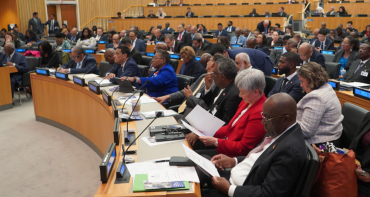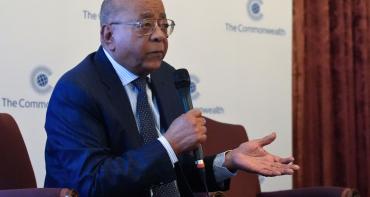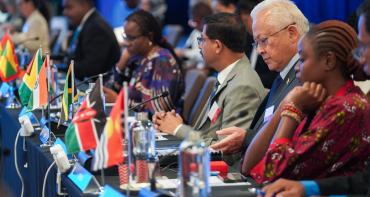Disability was no barrier for a member of the Commonwealth group observing the recent Ghana election.
Grace Jerry, who uses a wheelchair, brought her keen perspective as a person with disability to the role, with the vision of “Barrier-Free Democracy” - universally accessible voting processes, with no physical, informational, or social impediments.
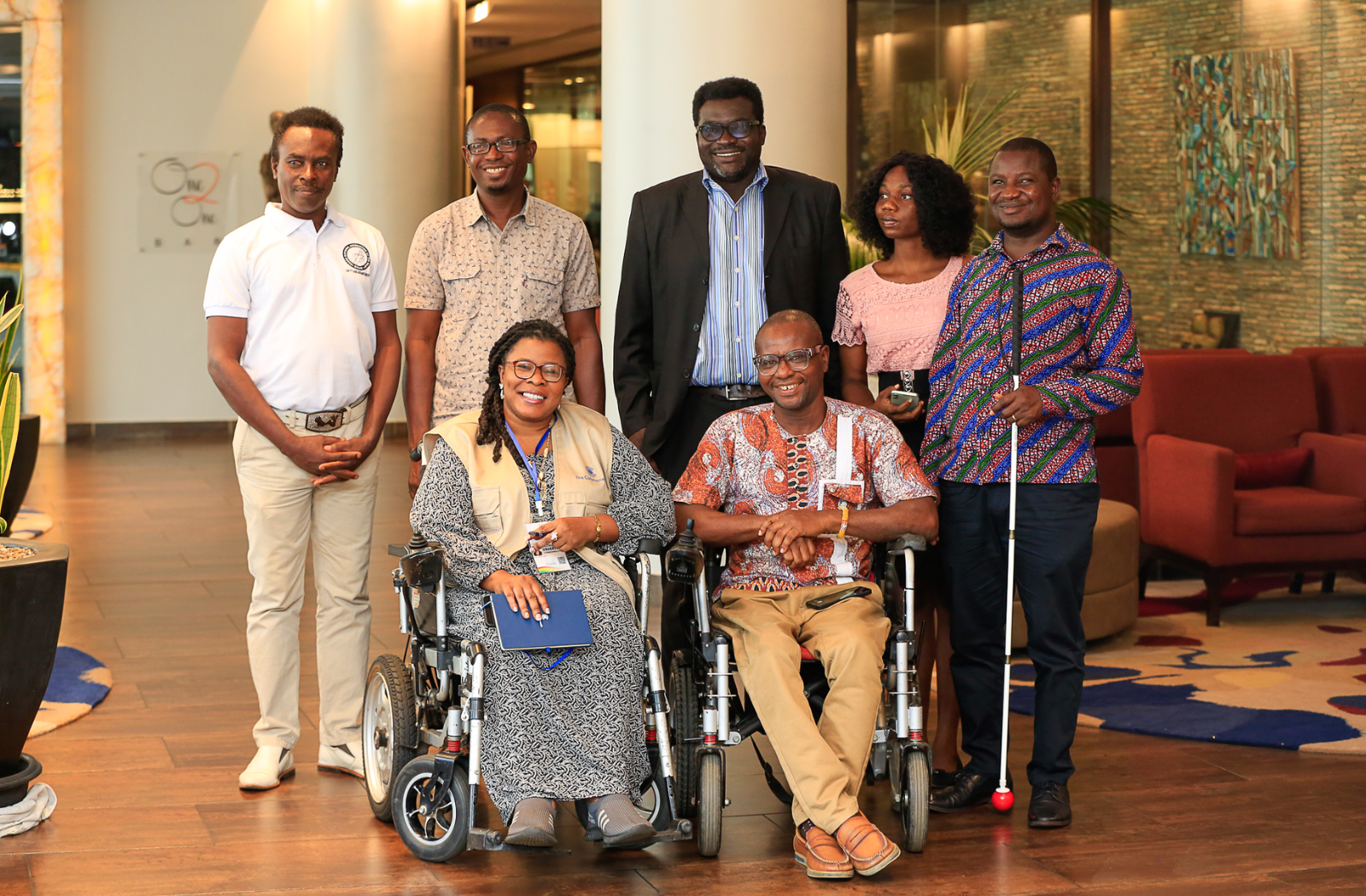
Grace, Executive Director of Inclusive Friends Association, Nigeria, was encouraged by the electoral process in Ghana, along with 15 other observers representing various areas of expertise. Together, they noted what they saw and suggested how improvements can be made.
Persons with Disability (PWDs) face many obstacles when exercising their democratic right - from unsuitable location of polling stations with accessibility challenges, a lack of ballots printed in Braille, or an absence of sign language interpreters, to discrimination and transportation issues. These “barriers” can result in disenfranchisement, undermining the principle of equal democratic participation. Grace said:
“We saw a strong turnout by PWDs in Ghana, and this highlights their significance as a voting bloc, encouraging more disability-friendly policies. By empowering persons with disabilities to participate in elections, it demonstrates that they are active citizens contributing to society.”
The Commonwealth Observer Group (COG) commended Ghana for making tactile jackets available at some polling stations - a device which helps voters with visual impairment to vote unassisted.
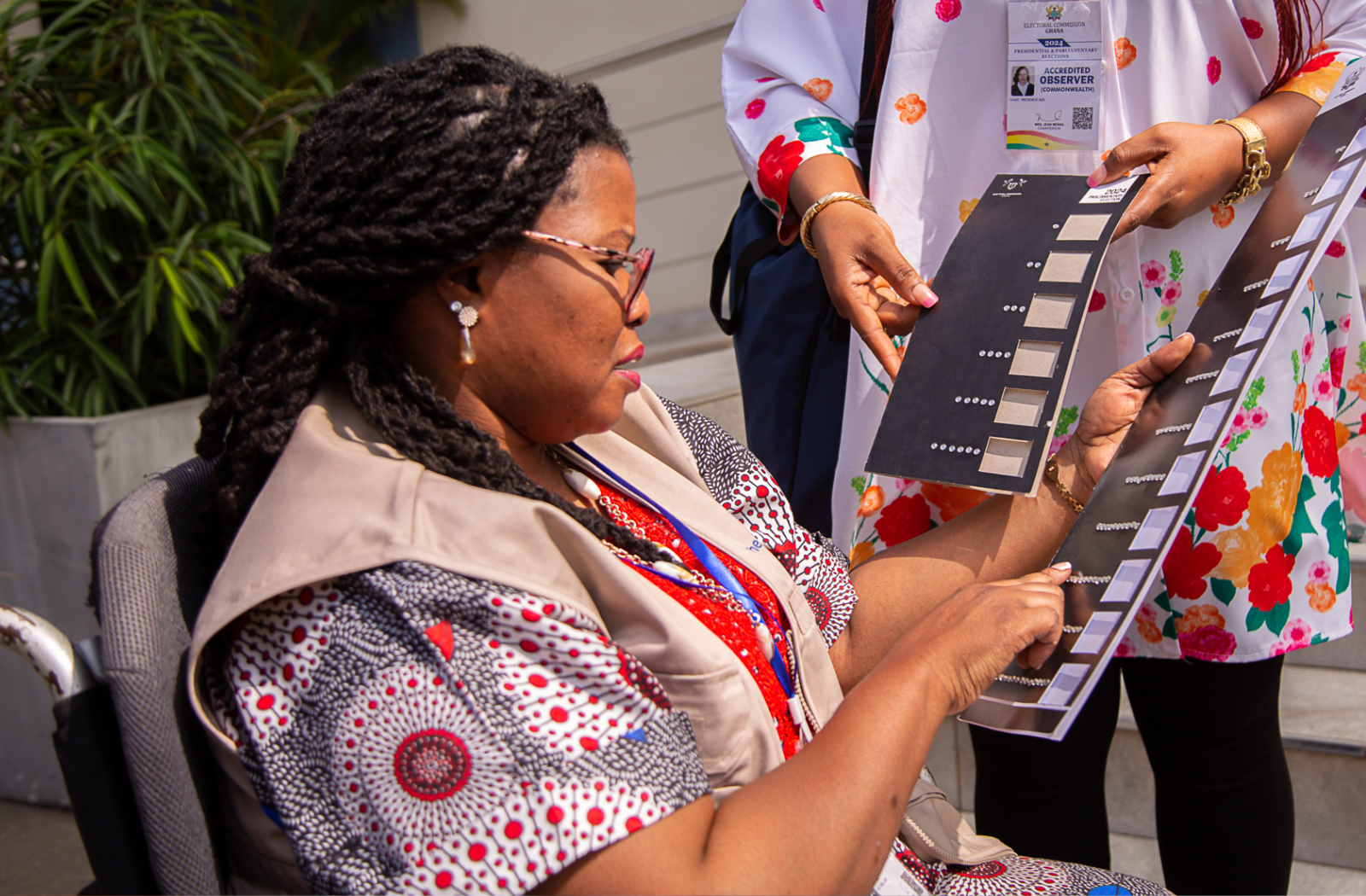
Grace emphasised the importance of having a person with disability on the Commonwealth’s observer team. She said:
“Observers can recommend infrastructural changes and policies to make voting more accessible. We can help ensure that Election Management Bodies provide assistive materials, accessible polling units, and equal opportunities for PWDs.”
Since the 1980s, the Commonwealth has observed over 200 elections in member countries. Commonwealth observer reports aim to set a benchmark for inclusive elections globally, encouraging member states to prioritise disability rights.
In its interim report which was issued two days after Ghanaians went to the polls, the COG noted accessibility challenges at some polling stations with stairs, and voting booths positioned too high for people in wheelchairs. Grace said:
“Consistent follow-up and tangible actions are necessary to translate observations into meaningful change.”
As the interim statement recommends, more needs to be done in Ghana to ensure that Person’s with Disabilities exercise their franchise with dignity, and in accordance with the law.
“The ultimate vision is a society where disability is not a barrier to participation, and democracy truly reflects and accepts the diversity of its people.”
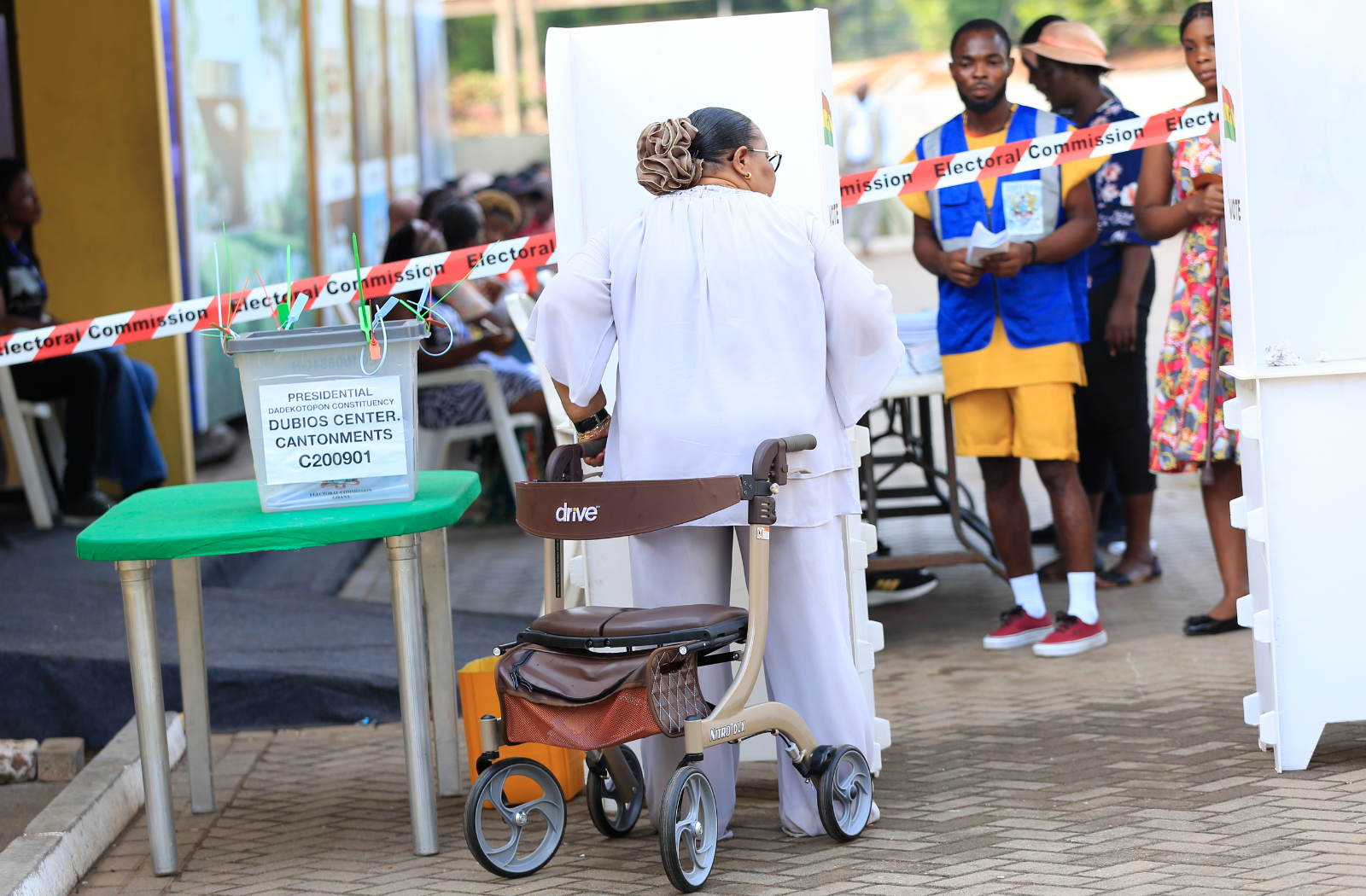
The Commonwealth plays a significant role in promoting democracy, good governance, and human rights among its member states. One of the key areas of focus is supporting democratic processes, including free and fair elections.
The Commonwealth's role in elections is multifaceted and includes election observation, technical assistance to member countries to strengthen their electoral processes and institutions, promoting good governance, and promoting the participation of marginalised and underrepresented groups in the electoral process.
Media contact
-
Temitope Kalejaiye, Public Relations and Engagement Officer, Commonwealth Secretariat
- M: +233548134343 | Email

